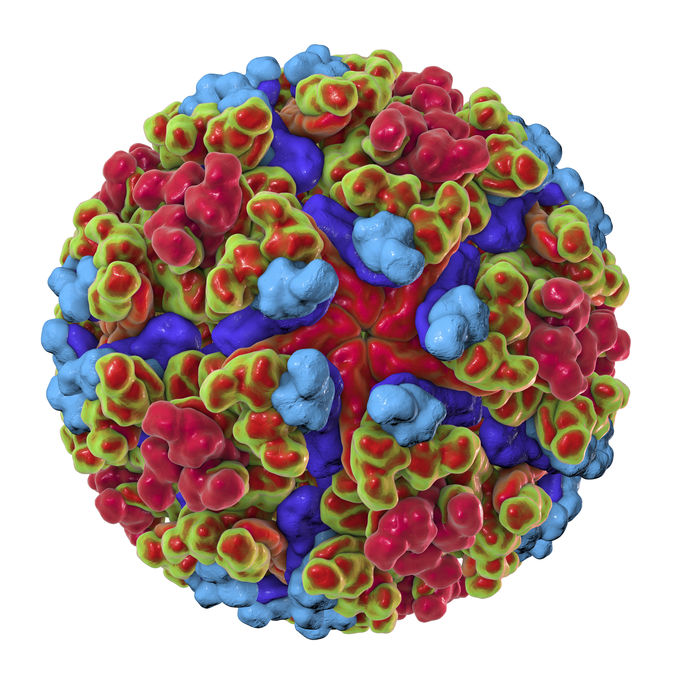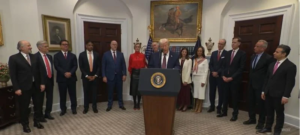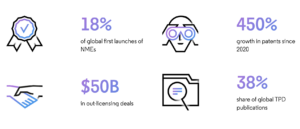
Chikungunya vaccine developer Themis bags $21m
Under a partnering ageement with CEPI, Themis Bioscience will receive $21m to push pivotal testing of MV-CHIK, its Chikungunya vaccine candidate.
Under Themis‘ second partnering agreement with the Coalition for Epidemic Preparedness Innovations (CEPI), the Vienna-based company is eglible to receive up to $21m to push Phase III testing of its Chikungunya vaccine candidate, MV-CHIK. CEPI’s Chikungunya-vaccine development mandate was launched in 2019 with support from the European Commission’s Horizon 2020 programme.
In Phase II trails, Themis’ live-attenuated, measles-vectored chikungunya vaccine (MV-CHIK), which has FDA fast track and EMA PRIME status, showed good safety and tolerability as well as immunogenicity. Themis announced that the non-dilutive funding will provide a significant portion of the capital required for Themis’ Phase III clinical trial of MV-CHIK expected to start this year. The pivotal multi-center Phase III trial will be launched in Europe, US and the Americas and will also test a single-shot regimen.
The World Health Organization (WHO) has highlighted Chikungunya, which causes arthritis-like symptoms, as a major public health risk. The disease was first identified in Tanzania in 1952, with sporadic outbreaks of the disease reported subsequently across Africa and Asia. In 2004 the disease began to spread quickly, causing large-scale outbreaks around the world. Climate change is set to further amplify the threat posed by Chikungunya. As the climate warms, more areas across the world will become habitable for the mosquito vectors that transmit the virus, thereby increasing the size of the human population at risk of infection. In 2007, for example, an outbreak of Chikungunya virus infections was declared for the first time in Europe, with more than 200 human cases reported in Italy.
Since the re-emergence of the virus, the total number of cases has been estimated at over 3.4 million in 43 countries.Chikungunya is spread by the bites of infected female Aedes mosquitoes and causes fever, severe joint pain, muscle pain, headache, nausea, fatigue and rash. Joint pain is often debilitating and can persist for weeks to years.
Themis’ first partnership with CEPI, announced in March 2018, provided up to $37m in funding to support vaccine development and manufacturing for Lassa fever and MERS.


 White House
White House Clarivate
Clarivate H. Zell - wikipedia.org
H. Zell - wikipedia.org